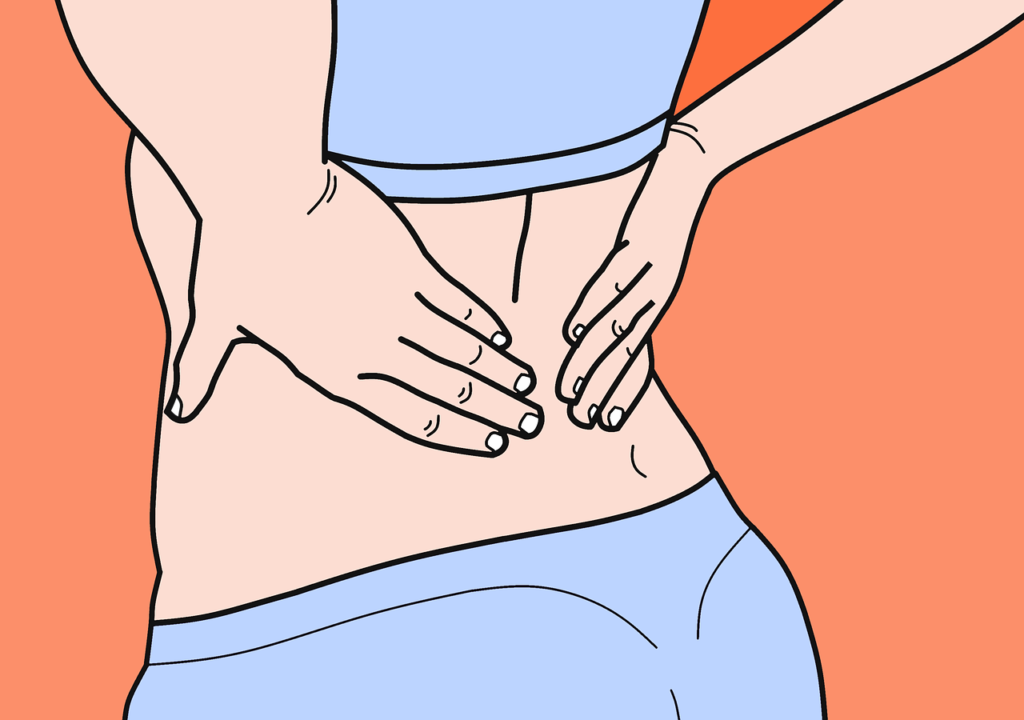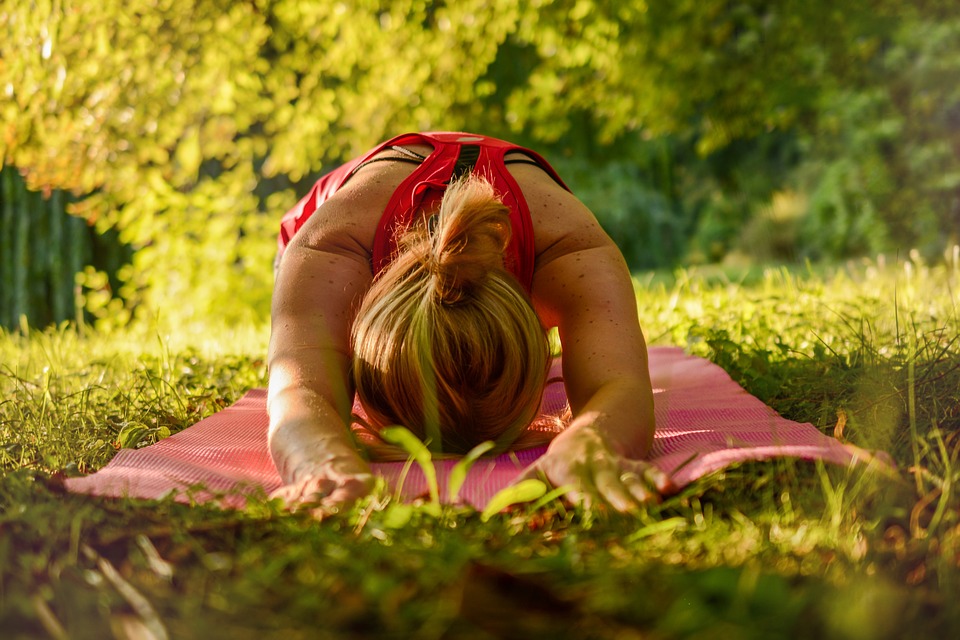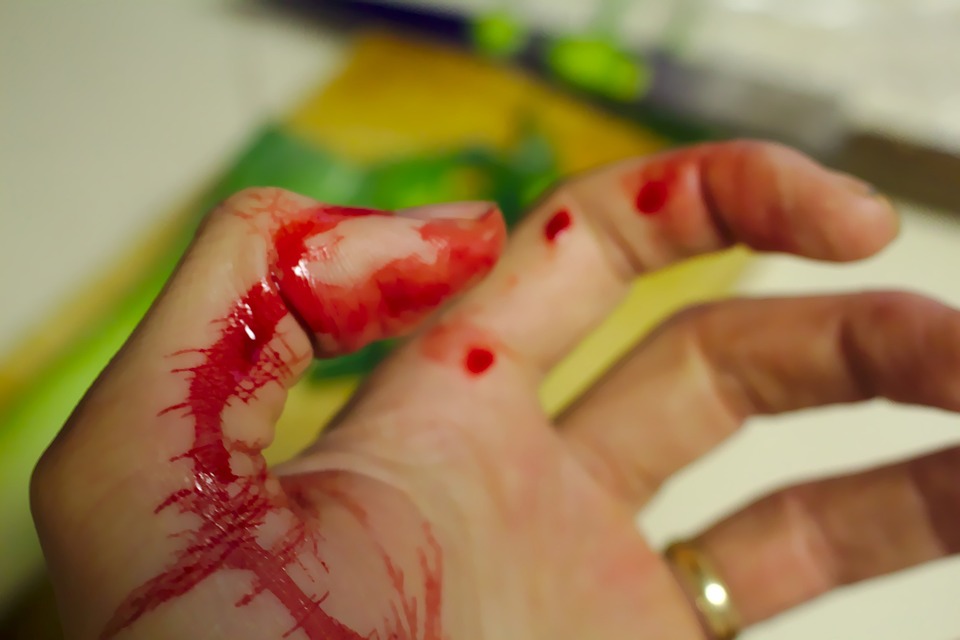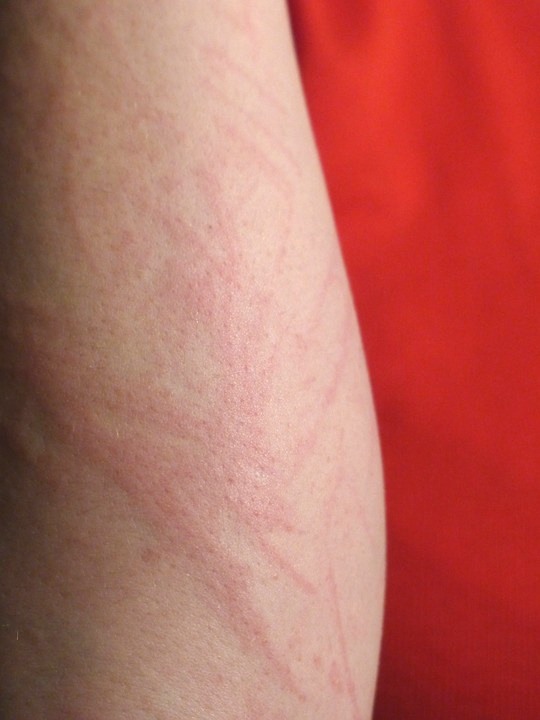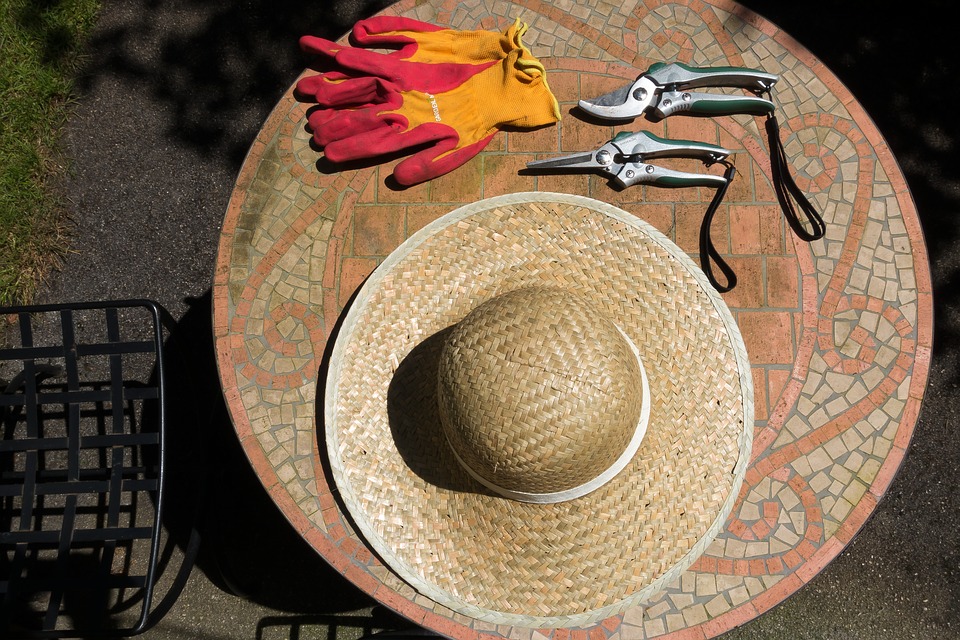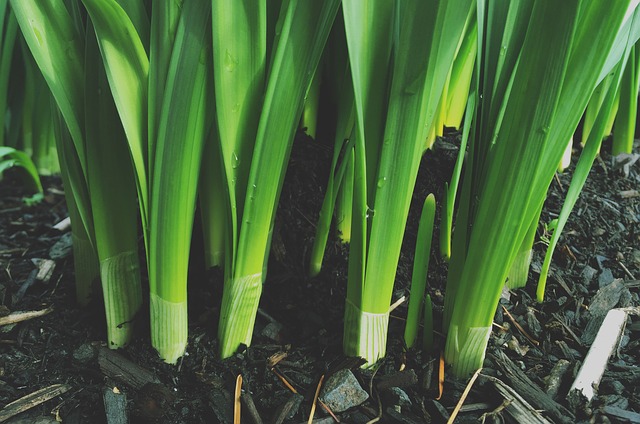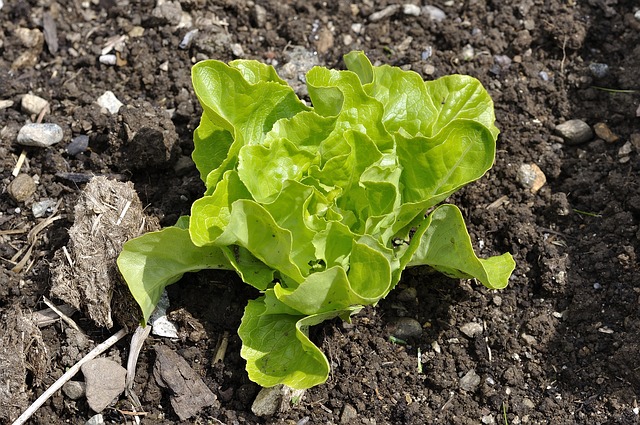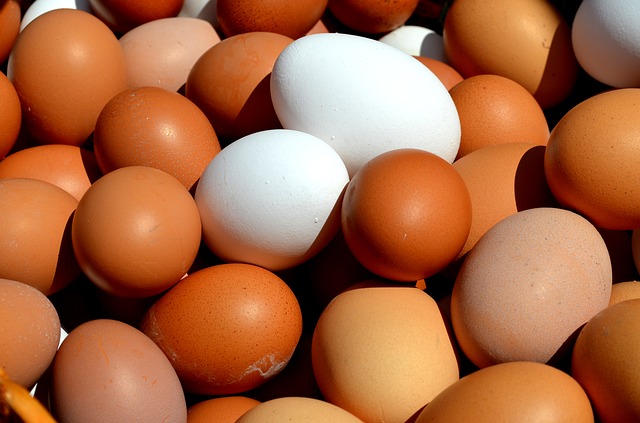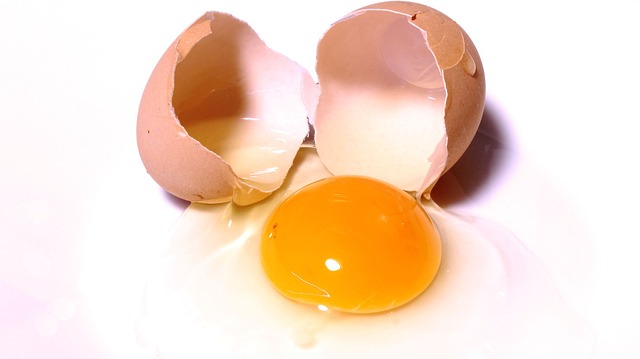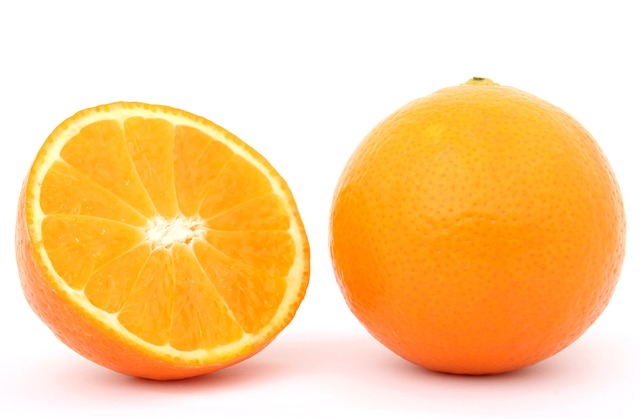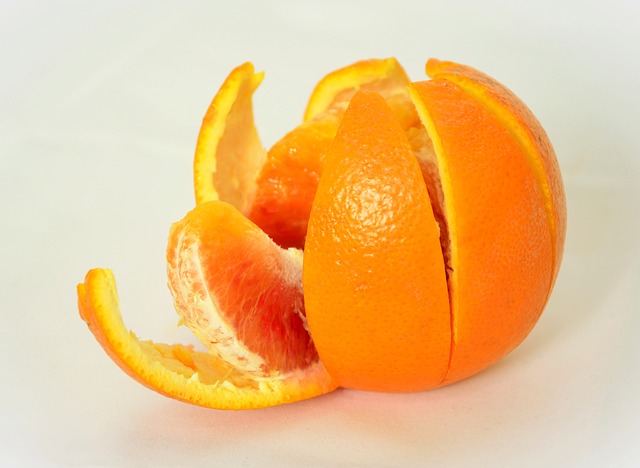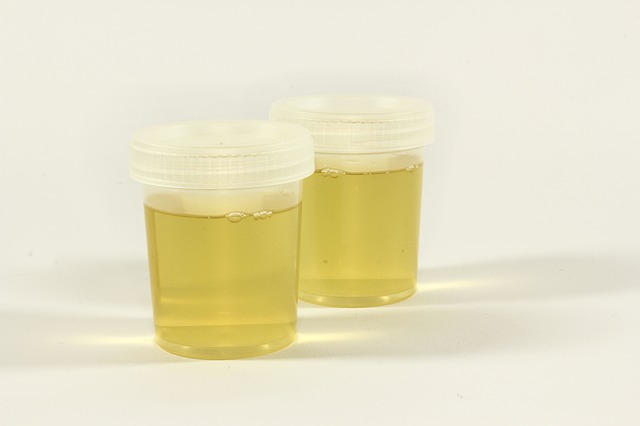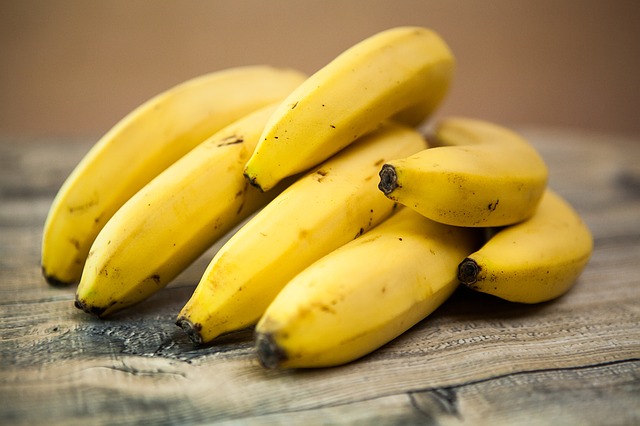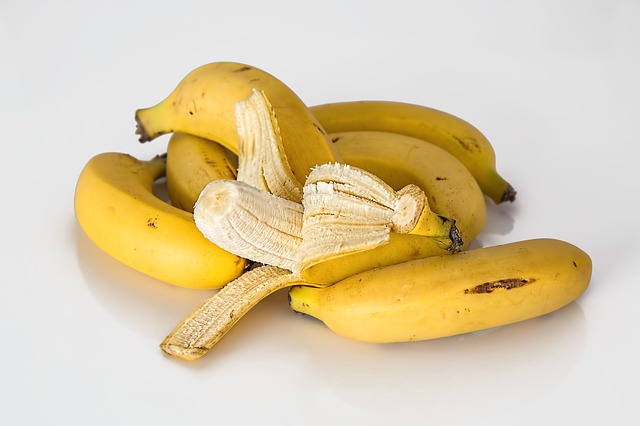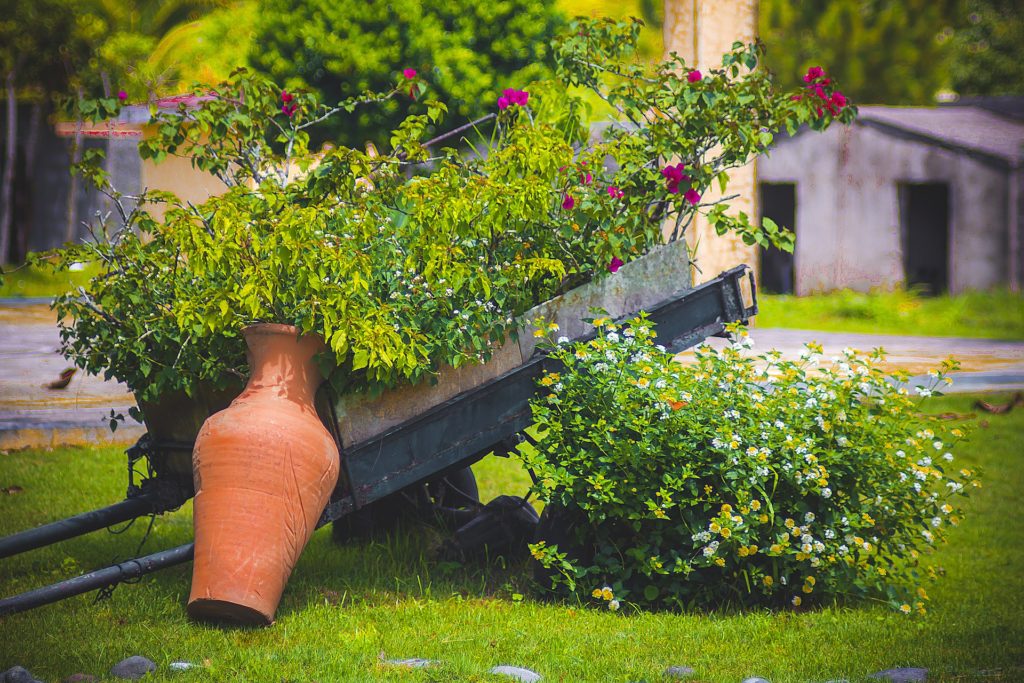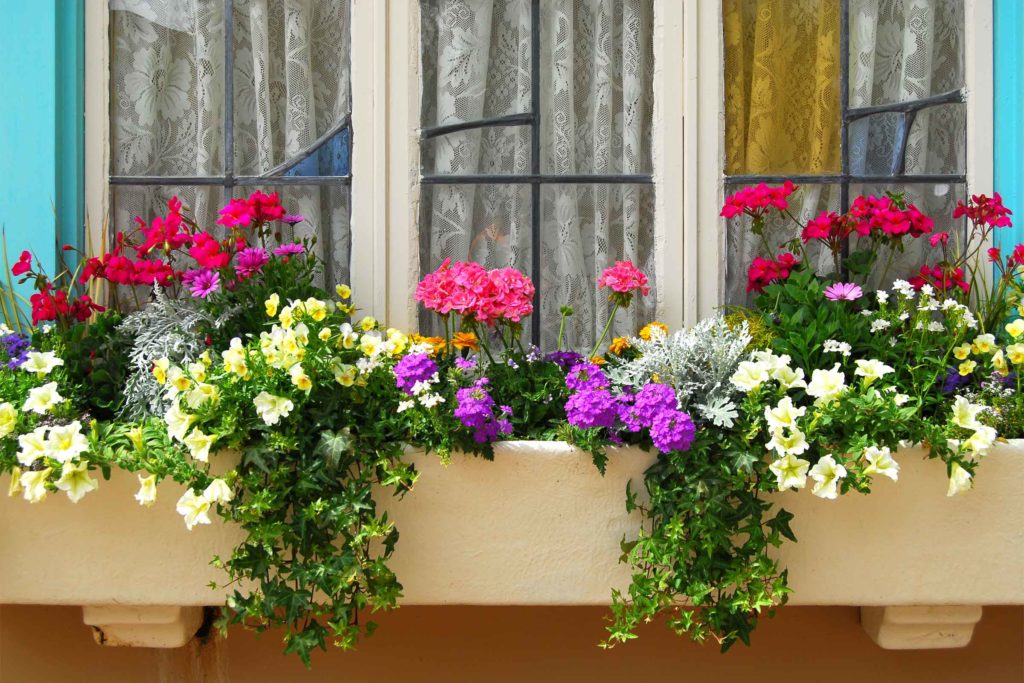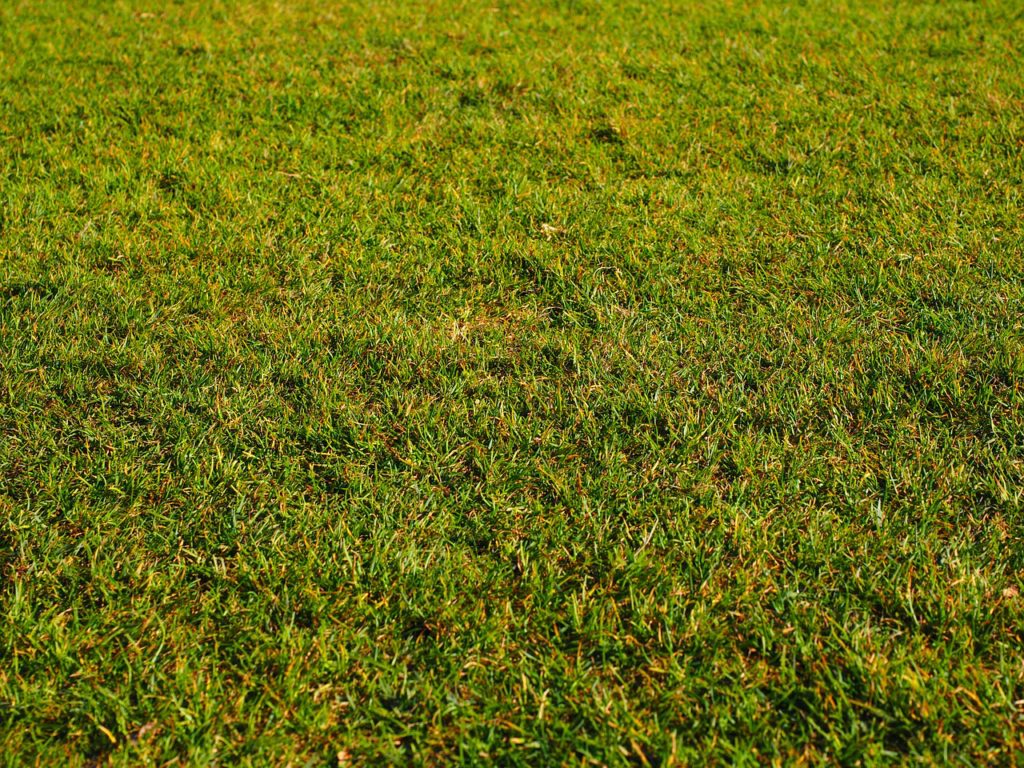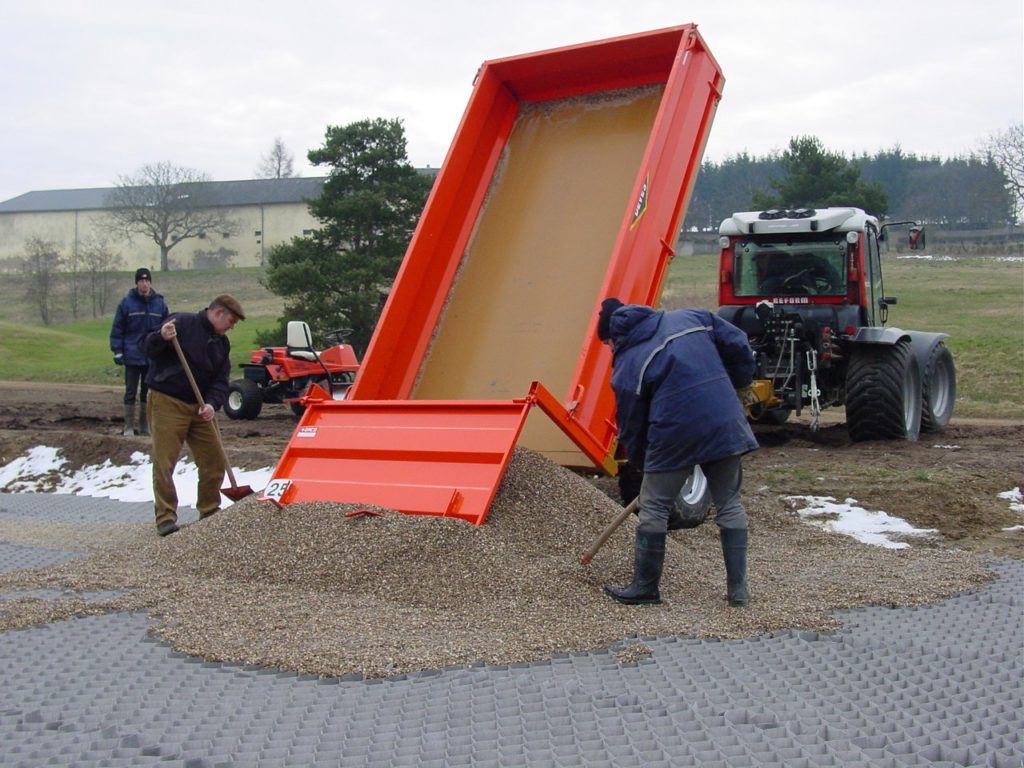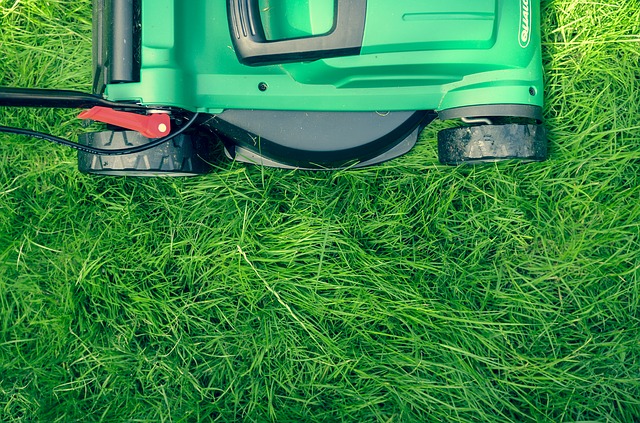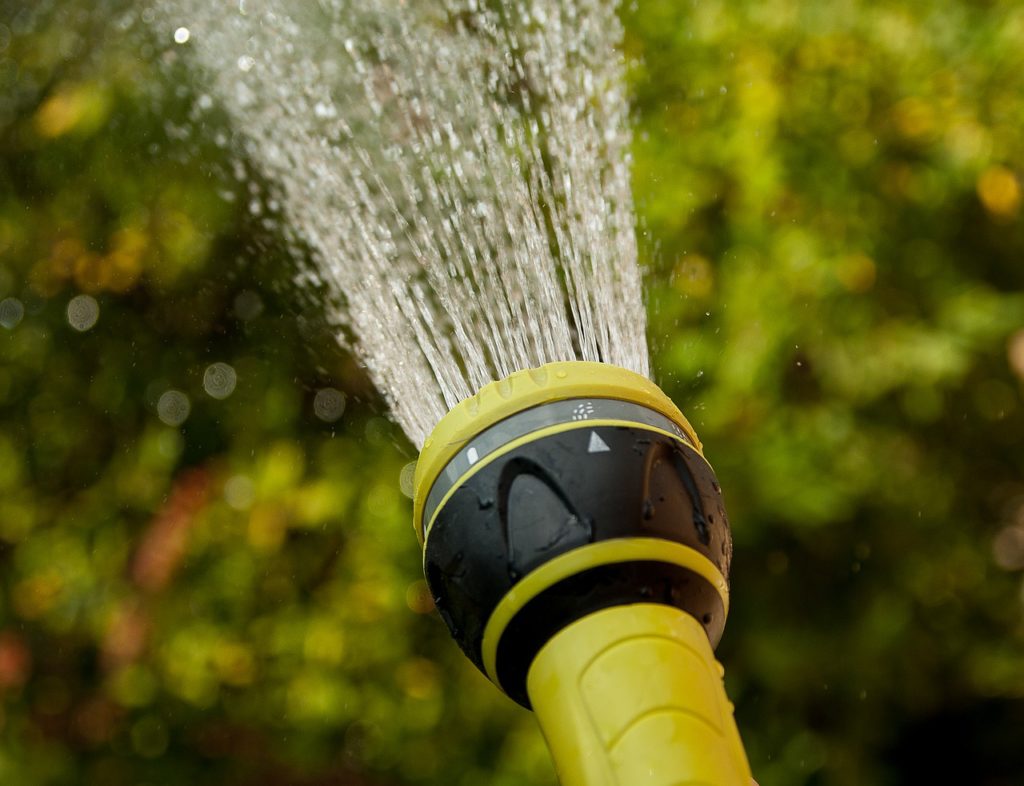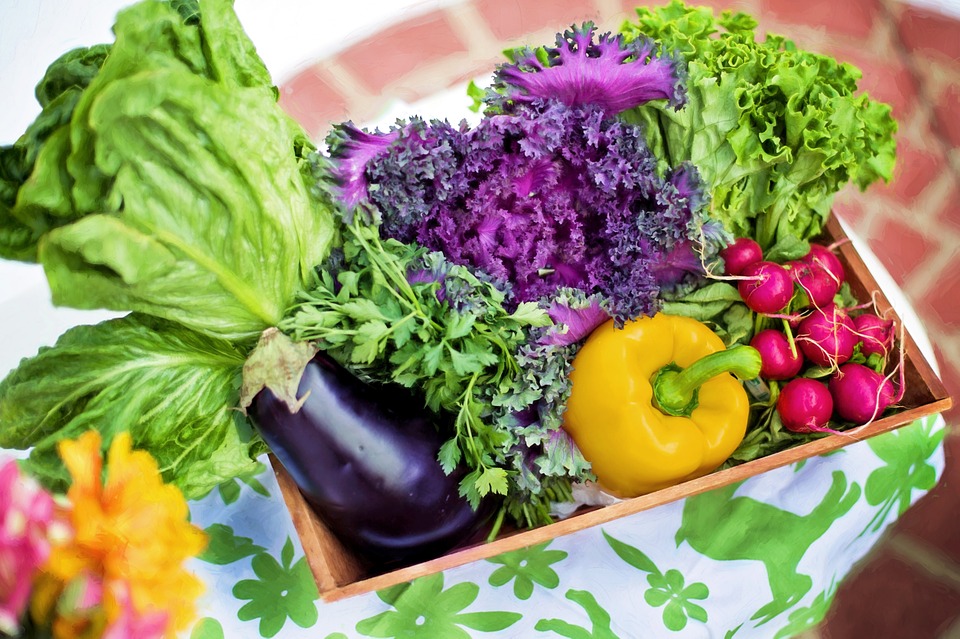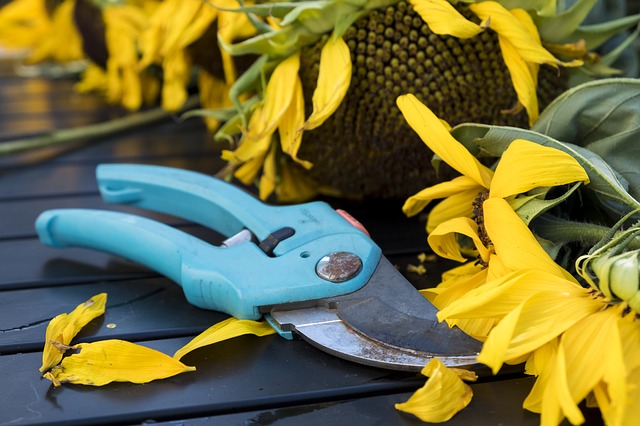
While gardening isn’t necessarily the most dangerous pastime one can think of, injuries do occur. Recent data suggests that in the US alone, over 300,000 gardening injuries occur annually. So whether you are a seasoned gardener or are just beginning, it’s important to be aware of the hazards present in our yards.
There are a number of common injuries gardeners are susceptible to. Luckily, there are also many ways to safeguard yourself against these injuries so you can enjoy gardening in health and longevity. Let’s take a look at three different gardening injuries and what you can do to prevent them.
Back And Muscle Pains
The repetitive motions involved in digging, raking, and weeding (and on your knees no less) can easily lead to muscle spasms and back pain for any gardener – young or old. Not only that but pruning, picking and digging, can require putting yourself into some awkward positions and that means risking back injuries as well.
How Can You Prevent Back And Muscle Pains?
Warm up before getting into the heavy stuff. Take a quick stroll around your garden to get your blood pumping and then do some simple stretches to prep your muscles for work. Add cushioning where possible: garden kneelers are readily available and are a good investment.
Use help: Getting yourself a garden cart or hand trolley will help you move pots and other heavy items around. Using your wheelbarrow as often as appropriate (even as something to put your tools in) can reduce the amount of time bending and carrying a load.
Additionally, experts agree that it is vital to take time to rest! Give yourself a break every hour. You can set a timer on your phone to remind yourself to stop for water, shade, and a stretch. Your body will thank you later.
Injuries And Wounds From Garden Equipment
According to the National Electronic Injury Surveillance System, (which collects data around US emergency room visits) one of the most common injuries in the garden is a wound caused by the sharp edges and pointy tips of garden tools. Additionally devoted gardeners are often plagued by blisters, callouses, and muscle pains in their hands.
How Can You Prevent Injuries From Garden Equipment?
It is important to make sure you keep up with your garden equipment – don’t let items get rusty and dirty. And always be mindful that your gardening tools fit your hand size. This will help you avoid damage to the skin and muscle of your hands.
Lacerations are also among some of the most common gardening injuries. For this reason, be sure to wear gloves when working in soil. This is very important because if you have open wounds on your hands, organisms from the soil can get it in and cause infection.
Or worse, you may come upon an old rusty piece of metal and the risk of tetanus is quite high in this case. Work gloves can safeguard you against a whole host of these common injuries.
Harm To Skin
There are two ways gardeners become susceptible to damaging their skin while gardening. First off, the risks associated with sun exposure are significant for avid gardeners. We all know the dangers of getting too much sun. According to WebMD, exposure to sun causes pre-cancerous and cancerous cells, fine lines and wrinkles, freckles and benign tumors just to name a few!
How Can You Prevent Excess Sun Exposure?
In addition to avoiding the hottest parts of the day, be sure to cover up with long sleeves, pants and a hat. Another method to avoid sun exposure is to plan your gardening for a time during the day when your garden is shaded from the sun.
This way you can enjoy your time out in your garden and you skin doesn’t have to suffer. Regardless of if you’re gardening in the shade or direct sunlight, don’t forget to apply sunscreen every one to two hours.
Other Skin Related Injuries
According to the CDC, biting and stinging insects are another serious threat to gardeners’ skin health. Mosquitoes, ants and scorpions are the first to come to mind but there are many insects that can turn a beautiful day sour very quickly. Be sure to wear gloves, long sleeves, and apply insect repellent in order to avoid and protect from getting bitten or stung.
Gardening is a serene way to connect with the earth and disconnect from the noise of our culture. However, gardening injuries are a real threat and can certainly be a significant setback. By following this advice the safer, healthier and happier you and your garden will be.
Author Bio: Hi, I’m Zac When my wife told me I needed a better shed it started an obsession with everything in my yard. From building a shed to keeping chickens you can read about how you can do it yourself at ZacsGarden.com
Start Shopping for Gardening Supplies!
The Best Places To Find Free Composting Materials
Many people are interested in composting but feel like they don’t have access to enough organic materials. Luckily there are a range of places you can find free composting materials to get started or make your current pile bigger. Here are some of the best and easiest...
4 Steps to Get Your Garden Ready for Spring
After being cooped up all winter, you may be dreaming about harvesting from a lush summer garden. But before you get there, there’s a lot of work to be done to get the garden ready. Spring garden prep can be intimidating, especially if your garden beds have been left...
What Not To Compost
Composting has many excellent benefits. It allows you to recycle organic material which can then be used to help to enhance your soil. And of course, it’s an environmentally friendly way to reduce trash. But before you get started you’ll need to know what not to...
How To Build A Vegetable Garden That Is Both Tasty And Attractive
A healthy vegetable garden can provide you with hours of stress-busting, mental health-boosting fun and give you and your family healthy, organic produce to eat for months. If you have even a few square feet of yard space, planting a vegetable garden is easy and...
Using Eggs Shells In The Compost
There are many food scraps that people use in their compost. However, there is one that is often overlooked. Using egg shells in compost is not just a great way to help reduce waste but also boosts the nutrient content of the soil you are creating for your plants....
Using Egg Shells In The Garden
Once you learn how you can use egg shells in the garden you won’t just think about eggs solely as food. Their shells are a free way to add to the health of your soil and plants, but they also have quite a few other helpful benefits as well. Here are the best ways to...
Using Orange Peels In The Garden
Oranges are a healthy snack and ingredient but you’re most likely wasting one of the most beneficial parts, the peel. While we can’t eat them, using orange peels in the garden has many surprising advantages. Here are the top ways you can put your peels to work....
Can You Compost Orange Peels?
If you’ve ever wondered, "can you compost orange peels?" the answer is yes. Although there are a few things you should know when doing so. So here’s your fast guide! Composting Basics When composting, you’ll need to include a mix of both carbon and nitrogen-rich...
Using Urine As Fertilizer
While urine is waste, it also contains nutrients that our bodies can’t use. But your garden can! Using urine as fertilizer is free and as organic as it gets! Here’s what you’ll need to know when thinking about using it. There have actually been multiple studies that...
The Urine-Compost Connection
Composting is all about re-using organic materials. And like the majority of us, you probably have been flushing away one of the most natural ways of all to condition your compost. By adding urine compost can be given a huge boost and that is passed on to whatever...
Using Banana Peels In Compost
Can you put banana peels in compost? You bet you can! While bananas offer us some extremely important nutritional benefits that help us to stay healthy, their peels can be used to add to the health of your compost pile as well. Bananas are one of the most popular...
Using Banana Peels In The Garden
Bananas are both delicious and healthy. And you may have wondered after finishing your morning shake or afternoon snack whether those peels you’ve been throwing away for years could be used for other things. What can you do with banana peels? It turns out quite a lot,...
Just Moved? How To Safely Transport Your Plants Into Your New Garden
It can take years of planting and care to create a magnificent garden. That’s why the prospect of relocating or moving houses can induce anxiety in gardeners. Whether you plant ornamentals, or if you grow your own vegetables, having to start over can be a daunting...
Filling Those Window Boxes: Flower Species That Thrive With Container Gardening
Those traditional window boxes overflowing with flowers may remind you of summer cottages or childhood dreams. This particular feature is one that you want at your home all year-round. Container gardening for window boxes takes a certain flair for picking out the...
Why You’ll Want To Revamp Your Garden with Artificial Grass
Installing an artificial lawn is an easy and attractive way to improve and revamp your garden. This is because an artificial lawn is like a real lawn, only much better! Artificial grass has been developed to such a high-quality standard that it looks and feels as...
The Best Grass Types For Creating A Drought Tolerant Lawn
Many of us live in dry and arid places. There are many locations around the world that unfortunately for your lawn don’t get much rain throughout the year. For people who live in these places, a green, healthy-looking lawn can seem impossible to have and maintain....
Garden Drainage: How to Avoid a Waterlogged Garden & Patio
Many locations around the world get a lot of rain. With an average of 33 inches of rain per year, this is especially true in the U.K. where it is rare for a day to pass that it is not raining somewhere. Regardless of where you live this can lead to problems with...
Easy Lawn Care? Experts Say It’s Possible With These Tips!
There's no way around it: If you want a lush lawn, you have to work for it. That entails putting in a lot of time, effort, and yes, money. And even if you are hiring experts in lawn care, you will still need to shoulder some of the responsibilities involved. That does...
Water-Wise Landscaping: Avoid Cultivating These Types Of Plants
Water is one of the primary needs of all plants. They need to receive the right amount of hydration to grow and thrive properly. You can ensure your plants get the hydration they need by watering them regularly using a garden hose or watering can, or by having a...
Starting A Vegetable Garden: Motivational Tips For Beginners
Back in the day, our ancestors did not have to go very far to buy vegetables, they just had to step out in their garden and pick up free, fresh veggies. Unfortunately, over generations, most of us have lost touch with our natural gardening instincts due to the busy...
